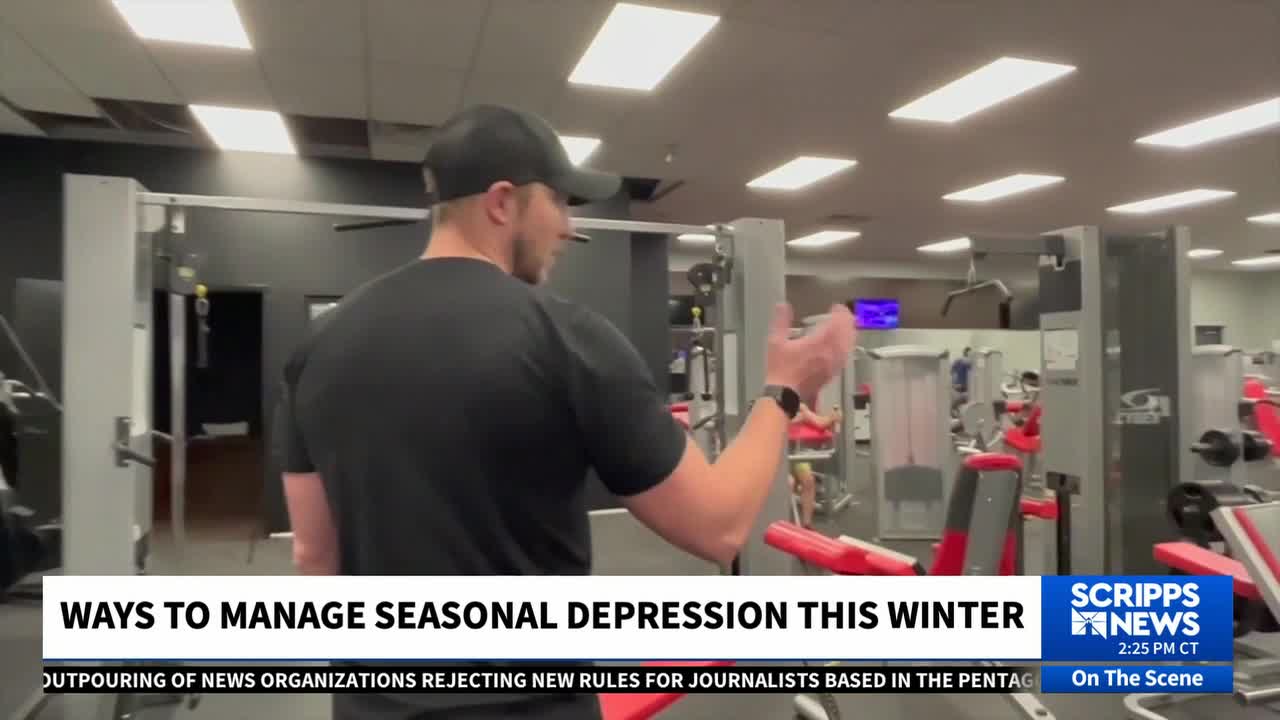Summer sadness, autumn blues, winter woes — whatever you call them, the changing seasons can have a profound impact on our emotions.
As temperatures drop and daylight hours decrease, many people feel a change in their attitude. According to mental health professionals, what many people experience during this time of year is called Seasonal Affective Disorder, or S.A.D.
"We usually see it here in Montana in the late fall and early winter — actually, the whole winter," said Kelsey Kojetin, a mental health therapist at Green Apple Counseling in Great Falls.
FROM THE ARCHIVES | Winter blues: Two in five Americans report mood decline during colder months
S.A.D. is a common seasonal ailment that can make people feel depressed, irritated, and less sociable. For some, it can potentially exacerbate existing mental health problems.
"I personally struggle with seasonal depression," said Rosie Kuska, The Sober Life's peer-recovery coach and care coordinator. "Right around the time that the sun starts to hide, you can just almost feel it in the air."
According to Kuska, when the cold comes in, individuals tend to retreat, stay at home, and revert to unhealthy behaviors such as substance abuse.
"I was like, oh my gosh, I'm sad. I don't want to leave my house. And on top of that, I just really want to get high because that's what I'm used to," she explained.
IN CASE YOU MISSED IT | These exercises may do a better job treating depression than medicine
Both Kojetin and Kuska agree that overcoming seasonal sadness frequently requires doing the opposite of what feels natural.
"If we don't have enough sunlight exposure — which is the case here — then we want to expose ourselves to sunlight," according to Kojetin. "Taking care of yourself like you would a plant — making sure you have nutrients, water, and sunlight — is very important."
Even minor acts, such as raising the curtains, taking brief trips outside, or spending time in bright indoor places, can assist in regulating the body's chemical balance. Maintaining an active and social lifestyle can also help improve mood and energy levels.
"We do fitness activities seven days a week," Kuska stated. "We have Zumba, volleyball, basketball — something for literally everyone."
Many people find that being connected — whether through exercise, community events, or outdoor recreation — can make a big difference throughout long winters.
Staying proactive, engaged, and taking care of oneself is crucial for navigating the season.
This story was originally published by Quentin Shores with the Scripps News Group in Great Falls, Montana.











